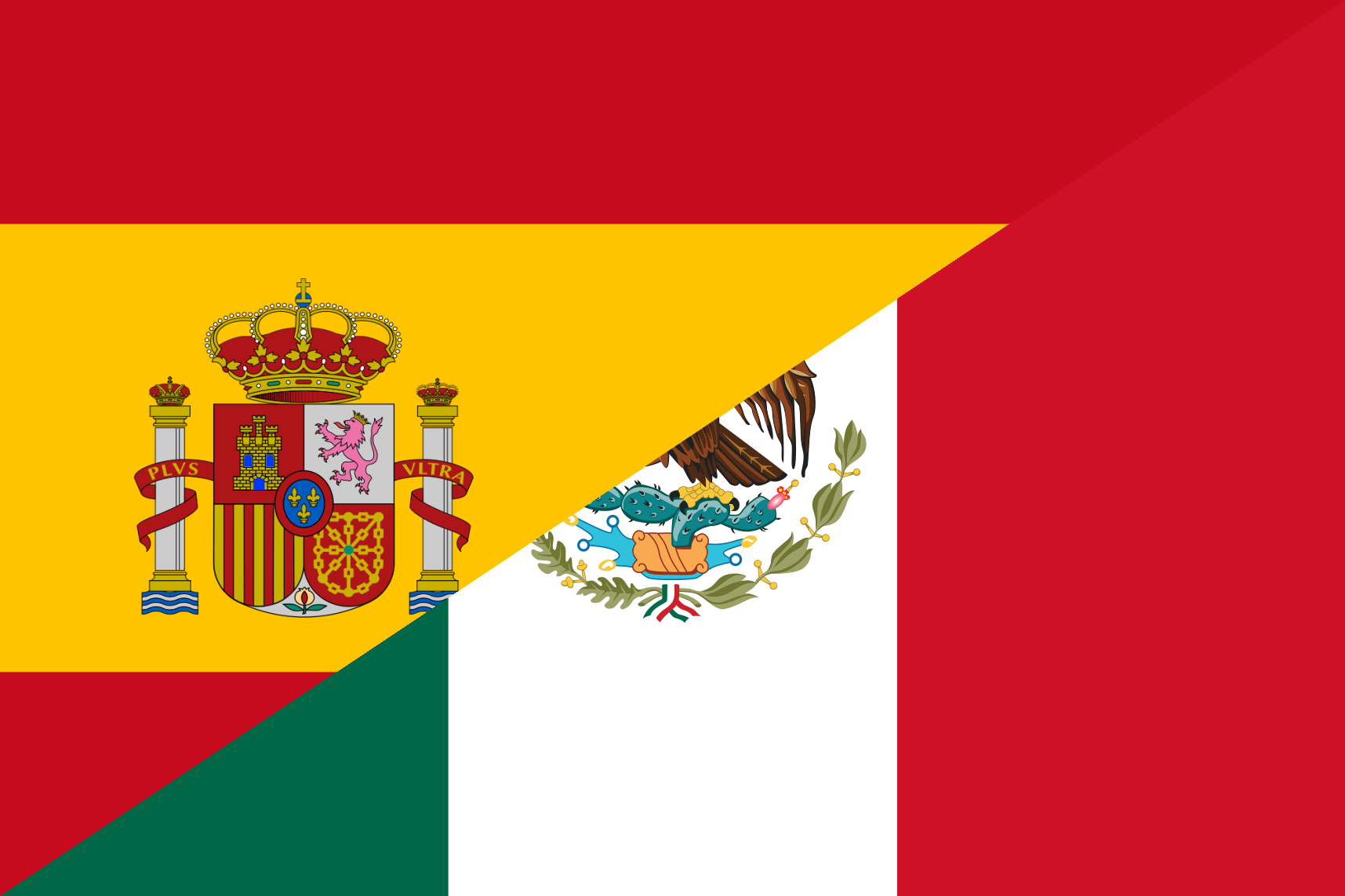español

Meaning
-
- Spanish (from or native to Spain)
- Spanish (pertaining to Spain or to the language)
Concepts
Spanish language
spaniard
white person
𐐝𐐹𐐰𐑌𐐮𐑇
the Spanish language
hispanic
Castillian
Synonyms
Frequency
Hyphenated as
es‧pa‧ñol
Pronounced as (IPA)
/espaˈɲol/
Etymology
Inherited from Old Spanish espanyol, espannol. Probably a thirteenth-century borrowing from Old Occitan espaignol (compare modern Occitan espanhòl, Catalan espanyol, Portuguese espanhol, French espagnol), from Vulgar Latin *Hispaniolus (“of Spain”), from Latin Hispānus, back-formed from Hispānia, assumed in comparison to Hebrew שָׁפָן (šap̄ā́n) to reflect Punic *𐤀𐤉𐤔𐤐𐤍 (*ʾyšpn /*ʔī šap̄ān/, literally “coast of hyraxes”). According to phonetic rules, if inherited from Latin, the Castilian Spanish result would have been *españuelo (though some argue that this did not take root because the suffix -uelo would be perceived as diminutive; more likely, it was simply because there was no need at the time for a common secular name for all the inhabitants of Christian Iberia/Spain, and a common identity as a unified people or entity had not yet been formed. Until then, the people used cristiano (“Christian”) to refer to themselves). The word español was supposedly imported from Provence by a medieval chronicler (it was originally introduced by pilgrims in Santiago) because there was no existing translation of the earlier Roman word Hispani when writing a chronicle of Spanish history, but this was the word Provençal speakers used to refer to the Christian kingdoms of what would later become Spain. In Old Spanish there was also a form españón which disappeared after the first half of the 14th century, possibly derived from a Vulgar Latin *Hispaniōnem. Compare also espanesco, the word Mozarabic speakers used for themselves, presumably from a Vulgar Latin *Hispaniscus.
Start learning Spanish with learnfeliz.
Practice speaking and memorizing "español" and many other words and sentences in Spanish.
Go to our Spanish course page
Notes
Sign in to write sticky notes
Sentences
Questions


